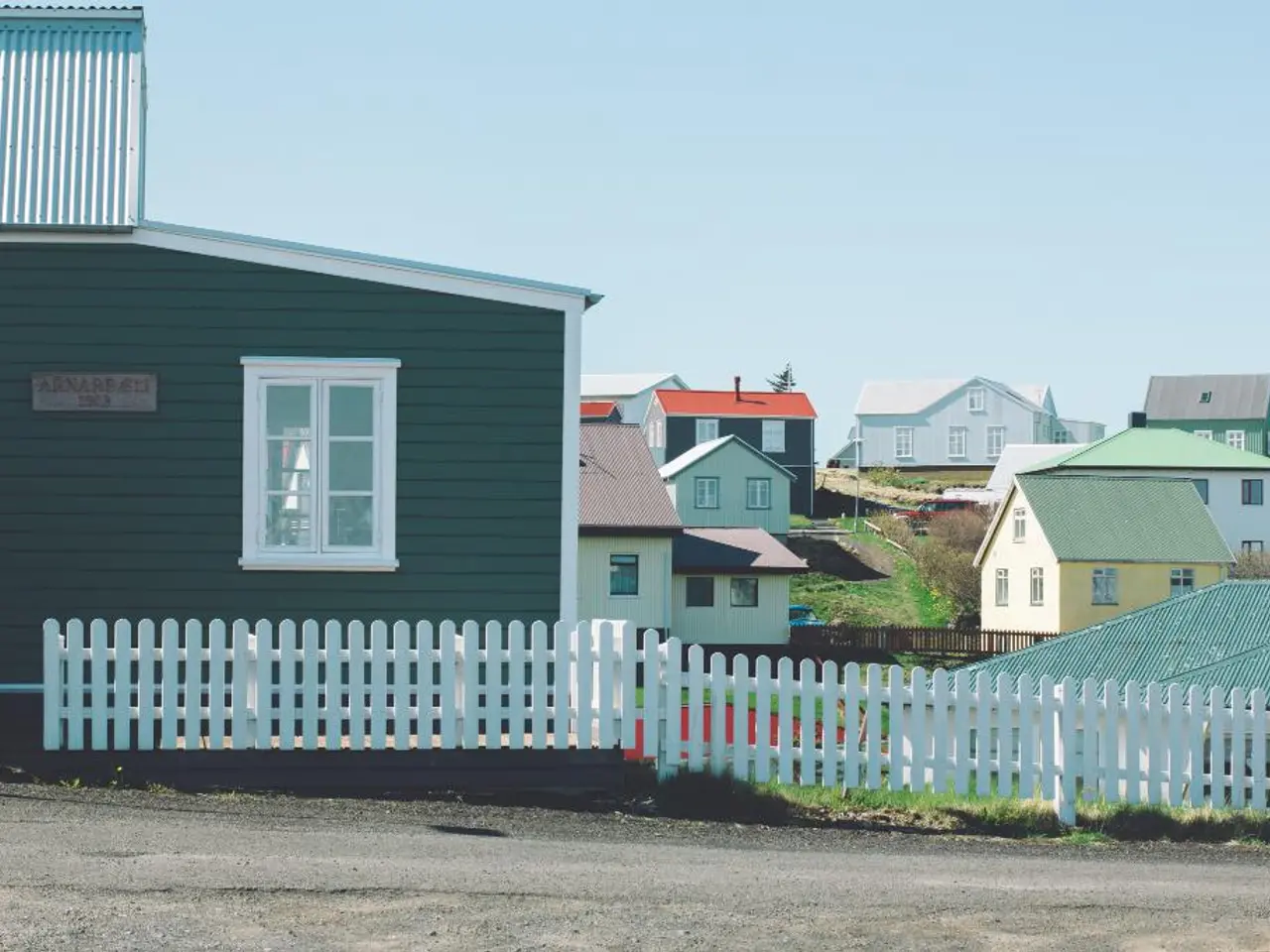homeowners facing potential tax increase on vacation properties and secondary residences, akin to Taylor Swift's tax bill, raising questions about possible property tax hikes for homeowners.
Rhode Island has taken a bold step in the realm of property taxes, introducing a surcharge on high-end vacation homes that places the Ocean State at the forefront of a growing movement. This new measure, colloquially known as the "Taylor Swift tax," despite Swift not being directly involved, is designed to address the issue of soaring home prices and a shortage of affordable housing in coastal towns.
The surcharge applies to every $500 of assessed value above $1 million at a rate of $2.50 per $500. For instance, Taylor Swift, who reportedly owns a $17 million mansion in Watch Hill, Rhode Island, could potentially face an additional $136,000 annually in property taxes.
Other states are also considering similar taxes. Los Angeles implemented its "mansion tax," Measure ULA, in April 2023, imposing a 4% transfer tax on property sales between $5.3 million and $10.6 million, and a 5.5% tax on sales above $10.6 million. California, New York, and Florida, due to their significant tourism economies and housing pressures, are often cited as likely candidates for such taxes.
Montana has also joined the fray, with Gov. Greg Gianforte signing a new property tax structure into law. Homes valued above $1.5 million in Montana face a tax rate of 2.2%, higher than lower brackets for more modest homes. The state has also implemented a graduated property tax system that increases rates on luxury homes and non-primary residences, starting in 2025.
Cape Cod is currently considering a 2% transfer fee on luxury home sales over $2 million to fund affordable housing. If approved, this could generate up to $56 million annually. The proposal is currently under review by the Barnstable County Assembly of Delegates.
The aim of these taxes is to encourage owners to use their properties more frequently or make them available for rent, reducing the number of empty houses. Owners of second homes in Rhode Island may face a steep surcharge starting in mid-2026 if they keep their properties mostly empty. A $3 million second-home owner in Rhode Island could face a surcharge of approximately $10,000 annually, in addition to regular property taxes.
These new tax models could offer a framework for other states looking to balance tax fairness and affordability in the housing market. The trend towards taxing high-end vacation properties is gaining momentum, and it will be interesting to see how it evolves in the coming years.
Read also:
- Nightly sweat episodes linked to GERD: Crucial insights explained
- Antitussives: List of Examples, Functions, Adverse Reactions, and Additional Details
- Asthma Diagnosis: Exploring FeNO Tests and Related Treatments
- Unfortunate Financial Disarray for a Family from California After an Expensive Emergency Room Visit with Their Burned Infant








